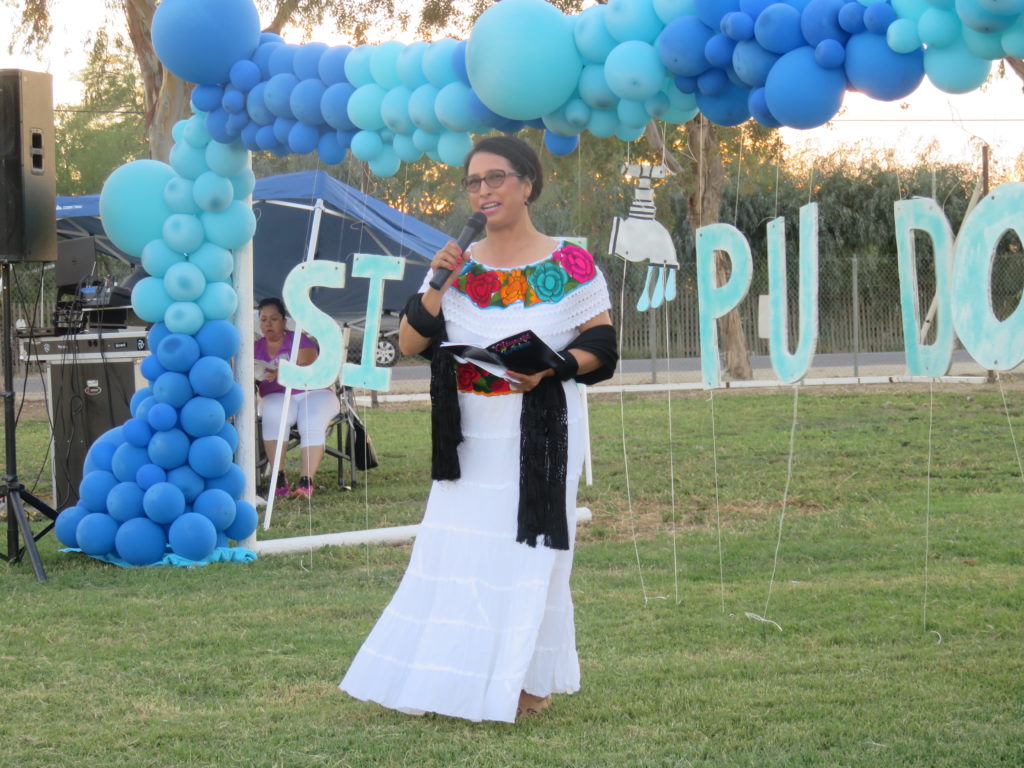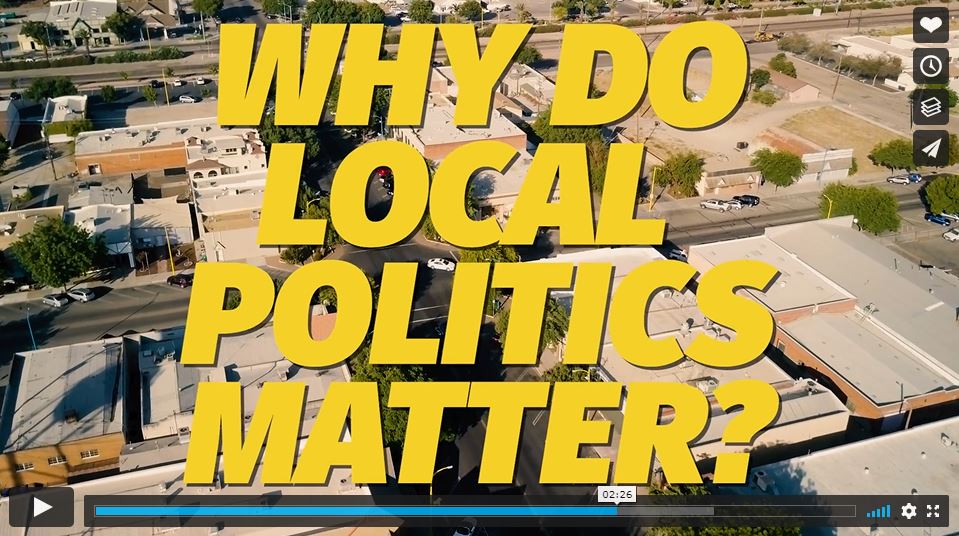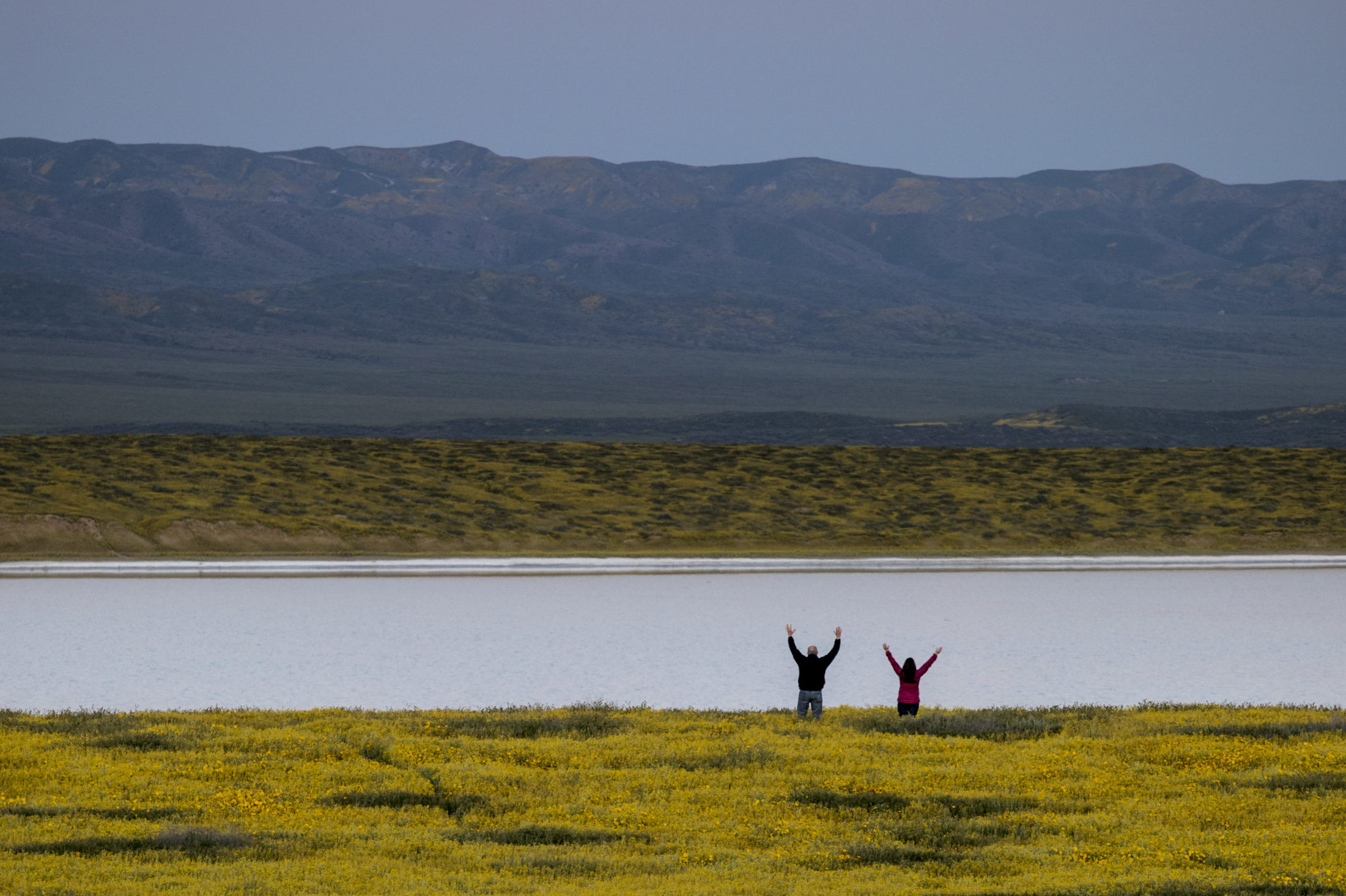About three weeks after the election, several dozen environmental funders met to discuss how they could advance state and federal policymaking for a more just and sustainable water future. Jim Enote, of Colorado Plateau Foundation, emphasized where philanthropy needs to put its focus. He said, “Personally, I am no longer interested in some projects, because projects have a beginning and an end. We are talking about a movement—movement building.”
We agree. Systemic change requires sustained investment in movement ecosystems, and one critical, and often under-resourced, part of those movements is advocacy and lobbying.
Over the past couple of years, we’ve learned a lot about how nonprofit 501c3 organizations like ours can boost nonprofit advocacy and lobbying in support of water movements. Our work in this space stands on the shoulders of many others, and we’re committed to sharing what we’ve learned and where we go from here.
Lobbying Is A Good Word
At the Water Foundation, we are clear that for philanthropy to help create a safer and healthier world, whether through a focus on safe water, affordable housing, good jobs, or something else, we must directly address the power inequities that are a consequence of systemic racism in the US.
As a public foundation, we are uniquely able to support power-building efforts that work to hold decision-makers and governing bodies accountable to their constituencies, namely through lobbying. Many nonprofits and community groups have approached advocacy with these goals for decades and maximize their lobbying up to nonprofit limits. Some have also extended their political power by establishing parallel c4 structures that can engage in electoral activities such as supporting candidates. A number of donors, particularly those focused on movement building, provide general operating support that maximizes grantee flexibility to conduct lobbying as needed.
To tackle root inequities and make progress, funders shouldn’t shy away from supporting political and legislative activities. Support of this kind is needed across the country. Last year, for example, we organized a series of regional roundtables on drinking water solutions with the US Water Alliance, and many participants shared that wealthy businesses and organizations have outsized political influence to push their positions loudly and frequently. With the resources and support to lobby, communities and nonprofits can level the playing field and directly engage elected officials on the solutions they need most urgently.

Isabel Solorio, from Lanare, CA, speaks at a 2019 celebration of the California Safe and Affordable Drinking Water Fund, which would not have passed without community leadership and advocacy. The decorations behind Isabel say, “Sí, se pudo,” Leadership Counsel for Justice and Accountability.
As lawyers at Bolder Advocacy pointed out in a recent podcast episode, “It’s really important that we have all voices as part of the public policy debate…Through lobbying, groups that work with communities can bring their issues to the legislature and try to get policies that benefit the community.”
Coalition Advocacy and Organizing Shapes Legislation
No single organization or person can push for legislative solutions alone. But with support to grow and sustain collaborative work, dozens of groups are uniting to translate community interests into new state and federal bills. These coalitions often include groups who lobby and those who don’t, each playing to their unique strengths.
For example, over the past few months, the Water Equity and Climate Resilience Caucus, co-led by the Gulf Coast Center for Law and Policy and PolicyLink, elevated frontline communities’ goals to inform several aspects of Senate Majority Leader Chuck Schumer’s updated Economic Justice Act. As a result, the proposal now includes billions of dollars for environmental justice investments in safe drinking water.
Similarly, building on the work of communities and advocates in New Mexico striving for equity in outdoor recreation, Nuestra Tierra, Outdoor Afro, Latino Outdoors, and other groups have formed Outdoor F.U.T.U.R.E to advance this work nationwide. Senator Martin Heinrich (NM) has announced plans to introduce federal legislation developed in partnership with the new coalition.

Philanthropy Can Help Bridge c3 and c4 Strategies
Increasingly, our c3 grantmaking and campaign strategies are working in tandem with c4 efforts to expand local opportunities for civic engagement. While we do not endorse candidates, we can provide funding to c4 organizations for lobbying activities. For example, in the San Joaquin Valley, we are supporting c3 and c4 organizations to reimagine local water leadership, which currently does not come even close to reflecting the full demographic range of Valley residents (see Untapped Opportunity: Local Water Boards and the Fight for Water Justice). With the Sierra Health Foundation and other funders, we support a pooled fund that provides multi-year grants to three major regional leadership development programs.
These c3 programs, led by Community Water Center, Leadership Counsel for Justice & Accountability, and Self-Help Enterprises, are preparing and supporting community leaders to serve on local groundwater agencies, water boards, and other decision-making bodies. Since 2019, they have trained more than 50 community leaders in water science and policy, equitable public participation, local and state legislative processes, and much more.

Screenshot from Central Valley Partnership/California League of Conservation Voters nonpartisan training video.
As community members grow in these leadership roles, some may be interested in pursuing elected positions. Groups like the California League of Conservation Voters, have recently expanded their c4 operations to Fresno and Imperial counties, with a goal of helping more people committed to environmental justice launch political campaigns. Last year, for example, they partnered with Central Valley Represent to hold a nonpartisan training for anyone interested in running for local office. Community Water Center also has a c4 arm, and its four endorsed candidates were elected to local offices in 2020.
Movement building is political – the power of people to change systems so that communities and watersheds can thrive. Lobbying, coalition advocacy, and interconnected c3 and c4 strategies are part of the toolbox to get us there.
